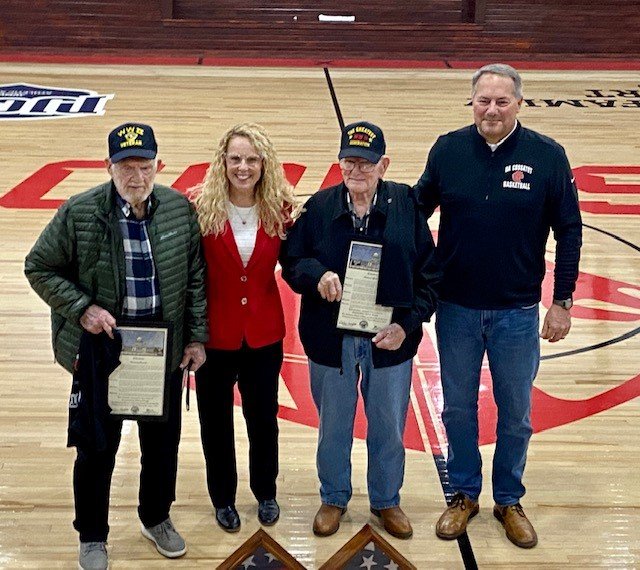More than 70 bills have been signed into law since the 2023 Regular Session began and several more are now making their way to the Governor’s desk.
In the 6th week of the session, the House passed bills addressing mental health access, payment to our county jails, teacher retirement, and voter input on tax measures.
On Thursday, the House passed HB1181. This bill seeks to address a shortage of mental health professionals in the state by establishing the Counseling Compact in Arkansas. The compact allows professional counselors licensed and residing in compact member states to practice in other member states without the need for multiple licenses.
That same day the House passed SB 72. This bill requires the Division of Correction to begin paying reimbursements to county jails for holding state inmates from the day the inmate is sentenced. Currently, reimbursements can start after the division receives commitment orders.
Earlier this week, the House passed SB116. This bill would allow a classroom teacher that leaves active employment for a period of time and then returns back to employment, to purchase the gap years at actuarial cost with the Arkansas Teacher Retirement System. The purpose of this bill is to encourage experienced teachers to return to the classroom.
The House also passed HB1027. This bill would require voter approval for any new advertising and promotion tax or any increase of existing advertising and promotion tax. Currently, this tax can be levied by county quorum courts.
Other bills passing the House this week include the following:
HB1006-This bill states that an employer that covers abortions or travel expenses related to abortions for employees shall provide 12 weeks of paid maternity leave to eligible employees.
HB1334-This bill creates the Restroom Access Act. It requires retail establishments to allow access to employee restrooms for customers with certain medical conditions.
HB1325-This bill states that if a county board of election commissioners decides to hold early voting at an additional polling site, the hours the additional early voting polling site is open shall be the same hours as the county clerk's designated early voting location.
HB1307-This bill authorizes the State Treasurer to divest certain investments if financial providers discriminate against energy companies, firearms entities, or otherwise refuse to deal based on environmental, social justice, and other governance-related factors.
The House will begin the 7th week of the session on Monday, February 20.




















